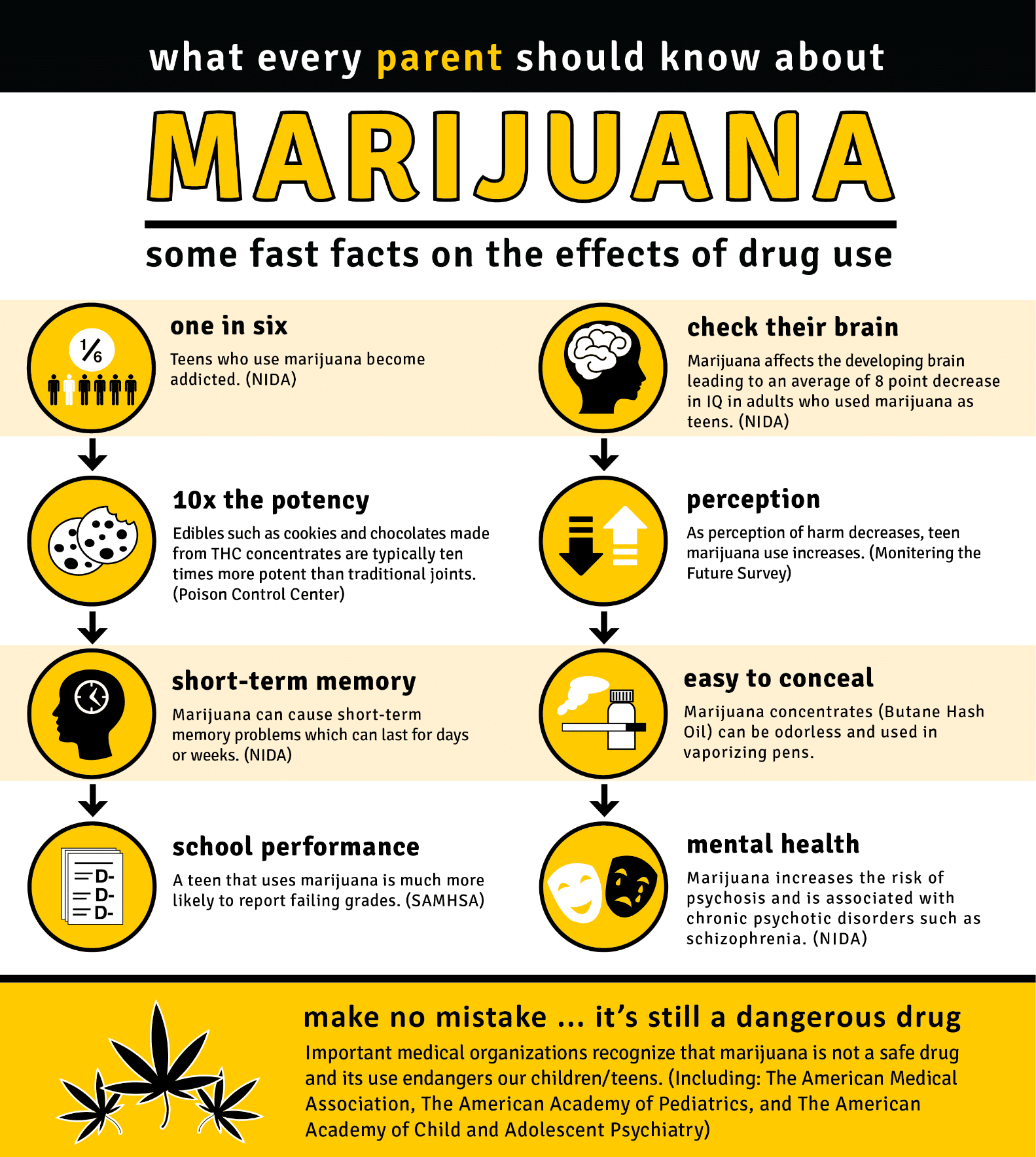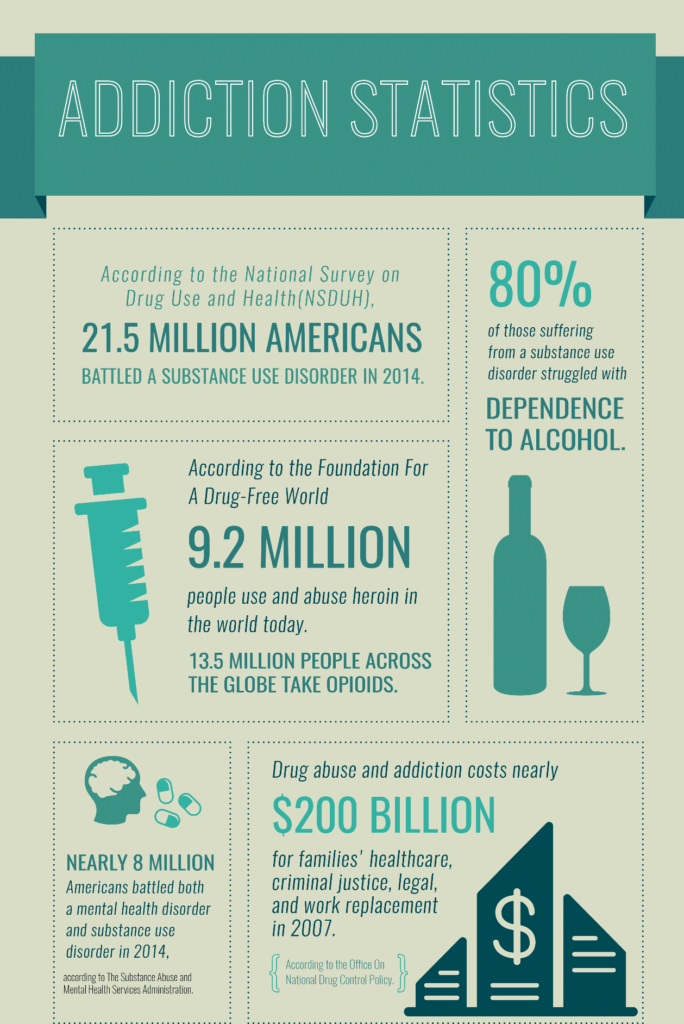Is marijuana physically addictive?’ is a question that everyone has been wondering since the news of the legalization of cannabis first aired in 2012. In 2021, 128 million adults in the United States accepted that they have used marijuana at least once in their lives. This number may be even more alarming, considering many people might have used marijuana before the age of 18.
Many states in the United States have either decriminalized possession of marijuana or have passed a law that allows the recreational use of marijuana. Irrespective of its legal status, one must be aware of the possible dangers of using marijuana as a substance.
But is marijuana physically addictive? In this blog, we will explore an answer to this question, along with how marijuana is addictive.
Struggling to Control Marijuana Use?
What is marijuana?

Marijuana is a substance that is derived from the flower of a plant called the Cannabis Sativa. This substance is declared as a Schedule I substance. It means that marijuana has a high potential for misuse, and users must practice discretion before using this drug, irrespective of its legal status.
There are several slang for marijuana, like Mary Jane, bud, grass, pot, herb, ganja, weed, 420, etc. People who use marijuana like to roll it into joints or crush the dried flower of the Cannabis Sativa plant and smoke through bongs, vapes, or pipes.
The main chemical compound of marijuana is delta-9-tetrahydrocannabinol (also known as THC). This chemical compound is highly addictive, and it is responsible for its mind-altering effects and the recreational ‘high’ that users of marijuana chase.
Marijuana is still illegal at the federal level, despite being legalized in many states in the United States. In the next section, we will discuss the answer to the question: ‘Is marijuana physically addictive?’
Is marijuana physically addictive?
Several people use marijuana to ease their medical conditions. But is marijuana physically addictive? The answer is yes. Marijuana can be physically addictive. Moreover, research shows that teenagers who use marijuana between the ages of 12 and 19 are 4 to 7 times more likely to develop marijuana addictions later in their lives. Another study suggests that almost 30% of users of marijuana may be addicted to this substance.
Individuals who use marijuana regularly or daily are vulnerable to developing marijuana dependency, marijuana tolerance, and marijuana addiction. Marijuana tolerance is a scenario wherein an individual becomes tolerant to low doses of this substance. This means that an individual will have to take higher doses to feel the same effect of marijuana that they once felt with low doses, as low doses stop being effective. This often happens in long-term use.
Marijuana dependency is a phenomenon where an individual becomes highly dependent on this substance. This is a part of cannabis abuse disorder. In such cases, an individual loses control over their use of cannabis and starts abusing this substance. An individual who is dependent on marijuana would need this substance in their to function normally.
Marijuana dependency and tolerance can lead to marijuana addiction. When an individual is addicted to marijuana, they start craving the use of this substance as their bodies become habitual of working with this drug in their system. Individuals start showing compulsive drug-seeking behavior, which impacts their personal and professional.
Additionally, when an individual is addicted to marijuana, it is almost impossible for them to stop the use of this drug, as they can suffer from severe withdrawal symptoms upon ceasing the use of this drug. Therefore, to avoid experiencing symptoms of withdrawal, an individual may be tempted to continue the use of this drug.
In the next section of this blog, we will discuss: ‘Why is marijuana physically addictive?’
Why is marijuana physically addictive?

Now that we have understood the answer to the question: ‘Is marijuana physically addictive?’, let us now discuss: ‘Why is marijuana physically addictive?’
When an individual uses a substance like marijuana for an extended period, it causes permanent changes in their physiology. These changes include the alteration of chemical receptors or the neurotransmitters of the brain. Due to these changes, an individual may crave more of this substance.
THC, which is the primary chemical compound present in marijuana, is responsible for causing this change in the physiological changes in the brain. THC works by triggering the secretion of dopamine in the brain. Dopamine is the hormone that is connected to the reward system. With regular use of marijuana, the brain starts secreting unnatural levels of dopamine. This imbalance in the levels of dopamine causes a physical addiction to marijuana.
Your Path to Recovery Begins Here
Frequently Asked Questions
1. Is marijuana physically addictive?
The short answer to this question is yes. Marijuana is addictive as the primary chemical compound, THC, is highly addictive. With regular use, an individual can develop marijuana dependency and marijuana tolerance, which can lead to marijuana addiction.
2. Why is marijuana physically addictive?
Marijuana is highly addictive because it causes physiological changes in the brain. Due to these changes, an individual might start craving the use of marijuana even more. Moreover, the main ingredient in marijuana is THC. THC is responsible for causing substance abuse and addictions related to marijuana.
3. Does marijuana addiction affect you mentally?
Yes, the use of marijuana can affect an individual mentally. People who use marijuana, even for a short are vulnerable to developing psychosis. Psychosis is a condition in which an individual cannot differentiate between reality and their thoughts. They might experience hallucinations and paranoia. Although psychosis is a short-term side effect of using marijuana, long-term side effects include mental illnesses like schizophrenia, depressive disorder, and anxiety and panic disorder.
Conclusion
Many states in the US have legalized marijuana, but is marijuana physically addictive? The answer is yes. Even though many states in the United States have legalized the medicinal and recreational use of marijuana, it does not negate the fact that marijuana is a dangerous substance.
Individuals who use marijuana for medical reasons or recreationally are at risk of developing substance abuse disorders. What is worse is that if an individual is addicted to marijuana, they might not be able to quit the addiction to this substance on their own. Abruptly stopping the use of marijuana will only give rise to nasty withdrawal symptoms. Therefore, one must be cautious while using a substance like marijuana, even if it is for medicinal or recreational purposes.









